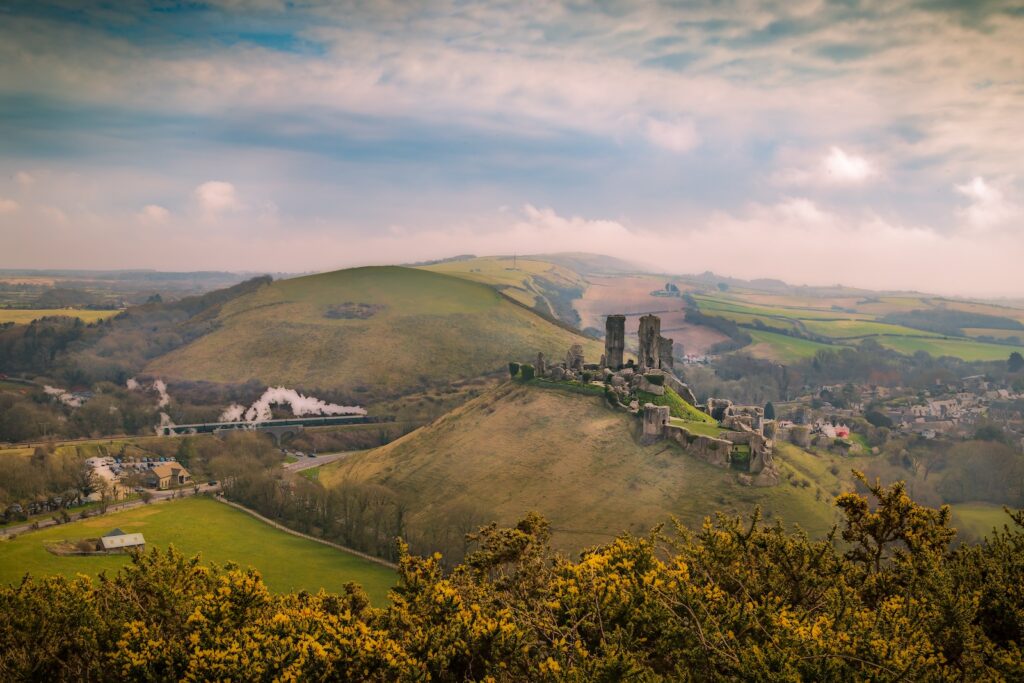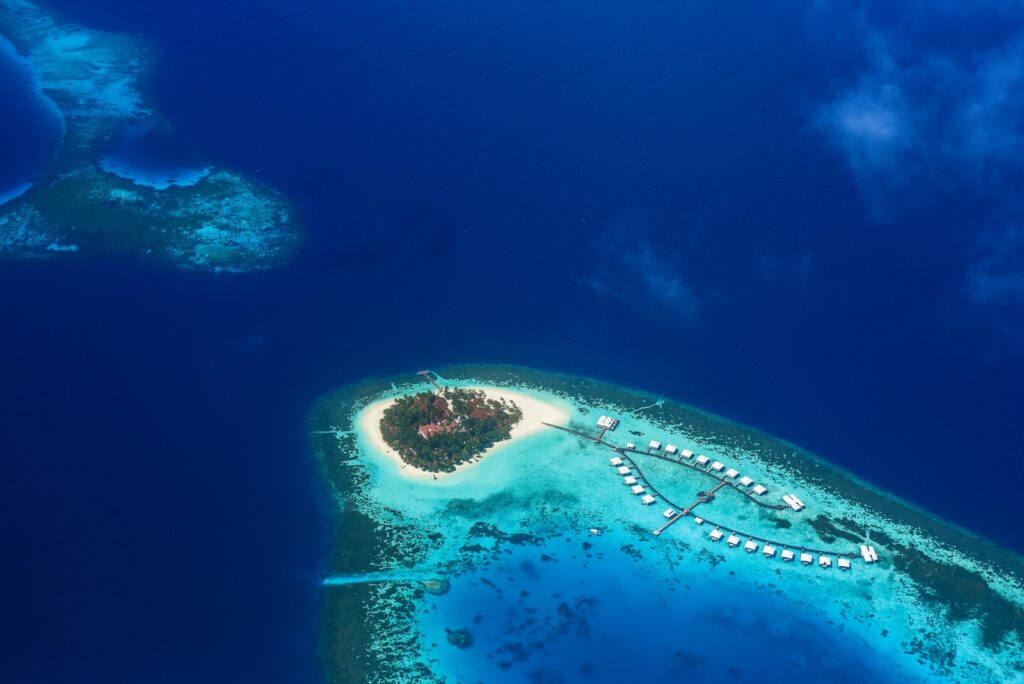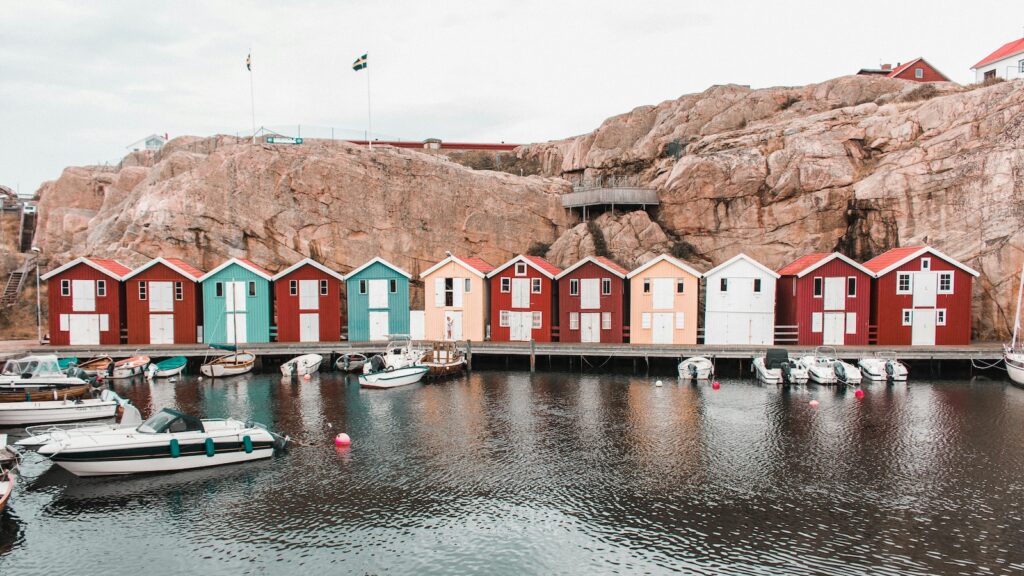If you’ve been dreaming of a Bali getaway, you might want to book that trip sooner rather than later. The Indonesian paradise, famed for its lush landscapes, spiritual retreats, and vibrant culture, is struggling with a serious case of overtourism.
In response, local officials are considering a ban on new hotel developments to preserve the island’s natural beauty and cultural heritage.
What We Know About the Proposed Ban
The proposed moratorium is a direct reaction to the surge in tourism that has put a strain on Bali’s infrastructure and natural resources. Governor I Wayan Koster announced plans to halt the construction of new hotels, villas, and other tourist accommodations. The aim is to give the island a much-needed break and prevent further degradation of its environment.
Why Now?
Bali has long been a top travel destination, attracting more than 6.3 million international visitors in 2019. The island offers everything from lush rice terraces and volcanic mountains to pristine beaches and vibrant nightlife. However, its popularity has come at a cost. Issues like traffic congestion, water shortages, and waste management have become increasingly pressing. This has prompted local authorities to consider drastic measures to ensure tourism doesn’t completely overwhelm the island.
The Impact on Tourism
A ban on new hotels is a significant move in a place where tourism is a major economic driver. This initiative is not about turning tourists away but about creating a more sustainable and enjoyable experience. For travelers, it means planning further in advance and possibly opting for more eco-friendly stays. It could also lead to more competitive rates and improved services at existing hotels, as they seek to attract discerning guests in a potentially less crowded market.
What Travelers Can Expect
If the ban goes into effect, the first noticeable change will be fewer construction sites disrupting Bali’s scenic views. This move could lead to a more sustainable and quality-focused tourism experience. Existing accommodations may start prioritizing eco-friendly practices and unique cultural experiences to attract visitors. It’s a shift from quantity to quality, aiming to ensure that Bali remains a paradise for years to come.
Local Perspective
Bali isn’t just a tourist destination; it’s home to a rich cultural heritage and a close-knit community. Locals have expressed concerns about the rapid pace of development and its impact on the island’s environment and culture. By taking a stand against overtourism, Bali’s leaders are showing a commitment to preserving the island’s unique identity and ensuring that it doesn’t lose the very essence that makes it special.
A Larger Trend in Tourism
Bali’s consideration of a hotel ban is part of a larger global conversation around sustainable tourism. Other popular destinations, like Barcelona and Venice, have also introduced measures to combat overtourism. Bali’s move signals a growing awareness of the need to strike a balance between welcoming travelers and safeguarding local communities and ecosystems.
Bottom Line
While Bali’s potential hotel ban may cause some initial waves, it’s a proactive step towards sustainable tourism. If you’ve been planning a trip, now might be the time to go before any restrictions take effect. After all, the essence of travel is to experience places in their full, unspoiled beauty.
Featured Image Credit: Pexels / Citra Widjaja.
The content of this article is for informational purposes only and does not constitute or replace professional advice.
The images used are for illustrative purposes only and may not represent the actual people or places mentioned in the article.
For transparency, this content was partly developed with AI assistance and carefully curated by an experienced editor to be informative and ensure accuracy.










